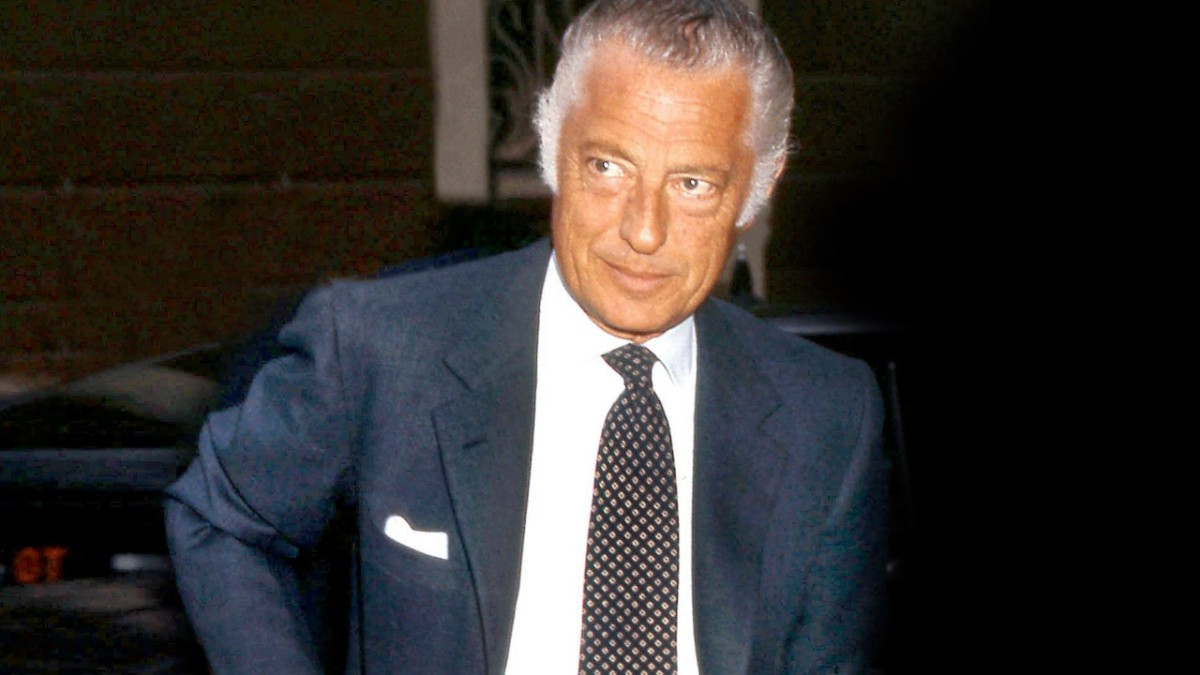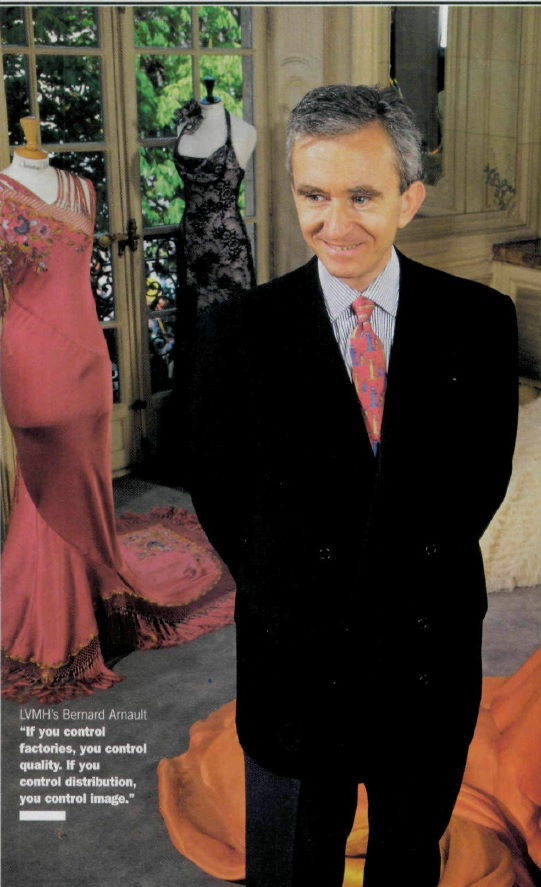
"Can Companies Really Reinvent Themselves? The Lessons of Target"
Dayton family owned Minneapolis' biggest department store. "By the early 1950s, Dayton’s single downtown store generated revenue of $60-$80 million each year, equivalent to an amazing $600-800 million today"
Dayton family owned Minneapolis' biggest department store. "By the early 1950s, Dayton’s single downtown store generated revenue of $60-$80 million each year, equivalent to an amazing $600-800 million today"

"George Draper Dayton was a straight-shooting Presbyterian who arrived in Minneapolis seeking real estate investments. To help a church, he bought their former location in 1902."
Turned into Dayton's department store: "Over time, Dayton’s became the dominant store in Minneapolis"
Turned into Dayton's department store: "Over time, Dayton’s became the dominant store in Minneapolis"
Family was early in malls: "One of the grandsons’ early moves was to build the first major enclosed shopping mall in the US, Southdale, in 1956, which they developed and owned." 

Threatened by rise of discounters: "Kresge executive Cunningham launched Kmart in 1962, which went on to lead the discount industry for the next few decades. Also in 1962, franchised “Ben Franklin” dime store operator Sam Walton opened his first Wal-mart in Rogers, Arkansas."
"Dayton brothers decided that there was an opportunity to open an “upscale” discount store with a more fashionable approach to the business, opening three Target stores" 



"In 2000, no longer under direct management of the Dayton family, Dayton-Hudson was renamed Target Corp. after its primary business. In 2004, the company effectively sold off its own parentage, selling the large department store operations to the May Department Stores Company"
Write-up of Target's history $TGT
americanbusinesshistory.org/can-companies-…
americanbusinesshistory.org/can-companies-…
• • •
Missing some Tweet in this thread? You can try to
force a refresh



















